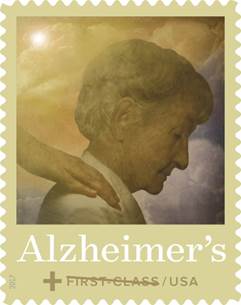It was a busy morning about 8:30 when an elderly gentleman in his ‘80s arrived at the clinic to have stitches removed from his thumb. He said he was in a hurry because he had an appointment at 9:00 am.
I took his vital signs and had him take a seat, knowing it would be over an hour before someone would be able to see him.
I saw him looking at his watch and decided I would evaluate his wound myself. On exam, it was well healed. I got the needed supplies to remove his sutures and redress his wound.
While taking care of his wound, I asked him what appointment had him in such a rush. The gentleman told me that he needed to go to the nursing home to have breakfast with his wife. I asked about her health and he explained that she had Alzheimer’s disease.
I then asked if she would be upset if he was a bit late. He replied, “She no longer knows who I am. She hasn’t recognised me in five years.”
I was surprised and asked, “But you still go every morning, even though she doesn’t know who you are?”
He smiled, patted my hand and said, “She doesn’t know me. But I still know her.”
Source: https://www.advance-africa.com/
Alzheimer’s disease is an irreversible, progressive brain disorder that slowly destroys memory and thinking skills, and eventually the ability to carry out the simplest tasks. In most people with Alzheimer’s, symptoms first appear in their mid-60s.

Alzheimer’s disease is named after Dr. Alois Alzheimer, who in 1906 first noticed changes in the brain tissue of a woman who had died of an unusual mental illness.
The U.S. Postal Service’s Alzheimer’s “semipostal” stamp, a special type of fundraising stamp issued in 2017 to advance causes that the U.S. Postal Service considers to be ‘‘in the national public interest and appropriate.’’ Pic courtesy: Johns Hopkins Medicine.
